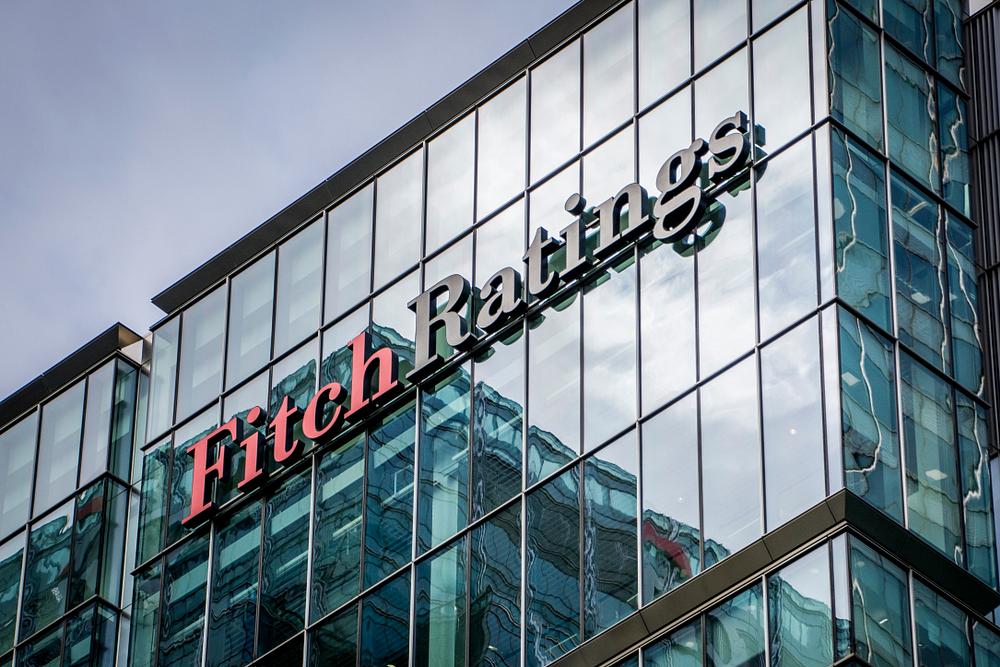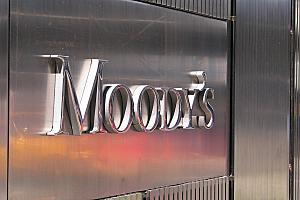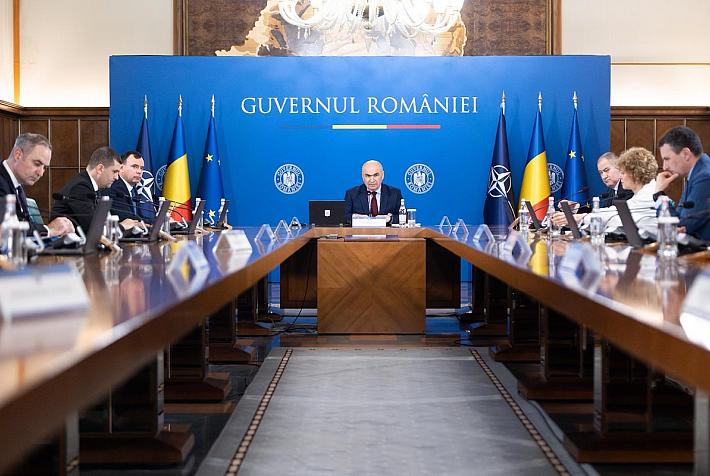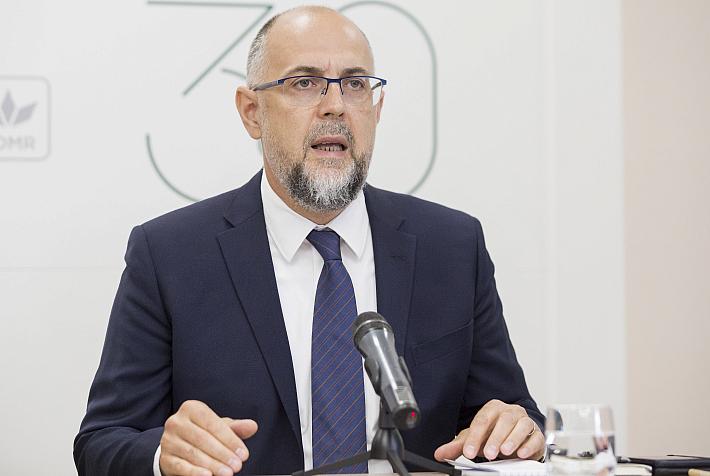Fitch affirms Romania’s rating, keeps negative outlook

International rating agency Fitch affirmed the rating for Romania's foreign currency and local currency long-term debt (Issuer Default Rating) and the senior unsecured rating at 'BBB-', with a negative outlook.
The negative outlook reflects weakening public finance metrics due to pro-cyclical policies in recent years and the coronavirus pandemic's impact on economic and fiscal performance, the rating agency explained.
The rating, which is at the weakest level in the investment-grade region, is still supported by moderate government debt and debt service, GDP per capita, governance, and human development indicators above BBB category peers. These are balanced against larger budget and current account deficits and higher net external debt ratios compared with peers.
The public finance metrics will be the main drivers for future rating actions.
Fitch's baseline scenario assumes that the outgoing Parliament, controlled by the opposition, does not manage to reinstate the original 40% pension increase, as the president and Government are likely to delay this move until after the upcoming parliamentary elections, scheduled for 6 December.
Regarding the medium-term fiscal framework, Fitch notes that the ruling Liberal Government has pledged to focus on efficiency and targeted measures other than tax increases to reduce the deficit. However, this could prove challenging, especially if growth is weaker than expected.
"Risks to fiscal consolidation stem from Romania's weak track record in meeting fiscal targets under different administrations," Fitch points out.
This year, Fitch estimates a 5% GDP contraction and an average growth of 4% in 2021-22, driven by a recovery in domestic and external demand. The forecasts do not yet incorporate the EU's Next Generation Funds (including the grant component from the Recovery and Resilience Facility of EUR 13.8 billion in 2021-23, 6.6% of 2020 GDP) as the exact timing and use of these are still uncertain. Nevertheless, the rating agency admits that they represent a potential upside to the medium-term growth projections, mainly if implemented effectively.
andrei@romania-insider.com
(Photo source: Shutterstock)













